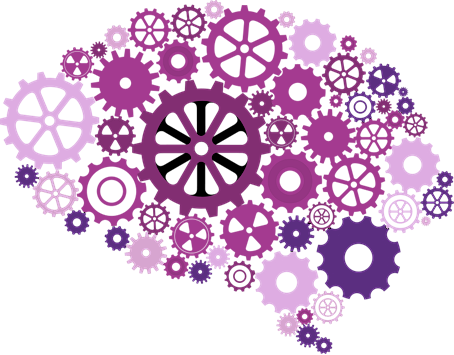
Information for:
Postgraduate Students, Postdocs and Industries
Kawashima Laboratory
Kawashima Laboratory consists of two departments: 1) Advanced Brain Science and 2) Ubiquitous Sensing. If you are interested in any of our research activities listed below and would like to join our team, please contact us.

Research Topics of Laboratory Professors
Ryuta KAWASHIMA Professor
R&D for systems to improve cognitive and physical functions of healthy elderly.
R&D for cognitive intervention systems for people with dementia.
Researches on influences of everyday life customs on cognitive development of children.
Yutaka MATSUZAKI Assistant Professor
Brain imaging study on the neural basis of emotion regulation
Research on the regulation of emotions in individuals with autism spectrum disorder
Research on children’s cognitive and brain development and environmental influences on reading and writing

Our Brain Imaging Equipment
Human (3T) MRI
For investigating the mechanism of the mind in human brain.
For decoding the mind.
For exploring new ways towards human happiness through the understanding of brain-mind relationship.
For evaluating the effects of lifestyle or cognitive training on brain structure and function.
For revealing correlations among lifestyle, genetic factors, cognitions, brain structure and function.
For detetcting the structural and functional differences between healthy and pathological brains.
Animal (7T) MRI
For combining invasive histology, genetic manipulation, and pharmacological intervention.
For clarifying the background mechanism behind the human neuroimaging modality.
For evaluating the novel pre-clinical drugs using animal disease models.
NIRS
For measuring the activity of prefrontal cortex in daily life circumstance.
For decoding the human mind.
For measuring the interactions of brain functions from a group of peoples.
